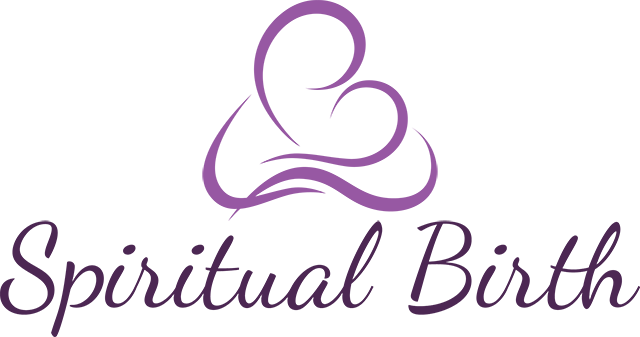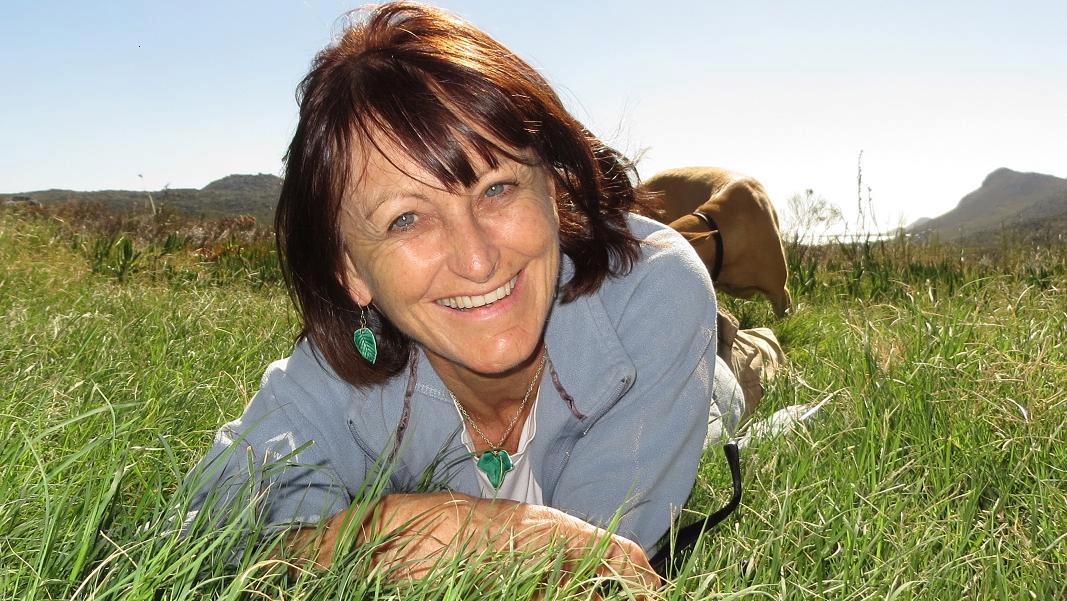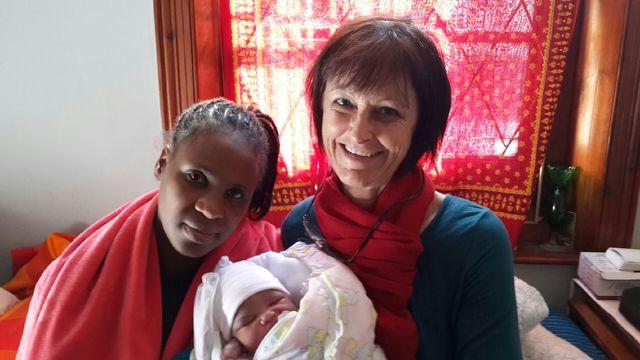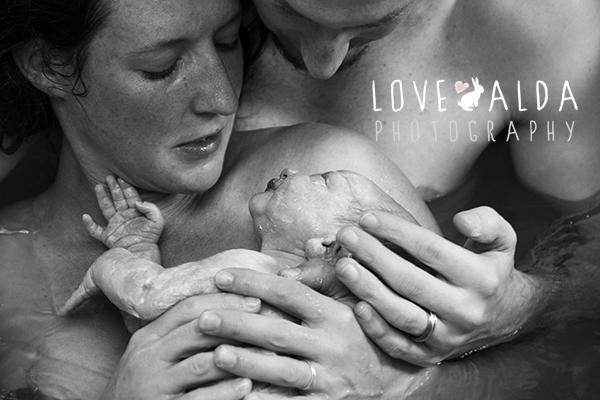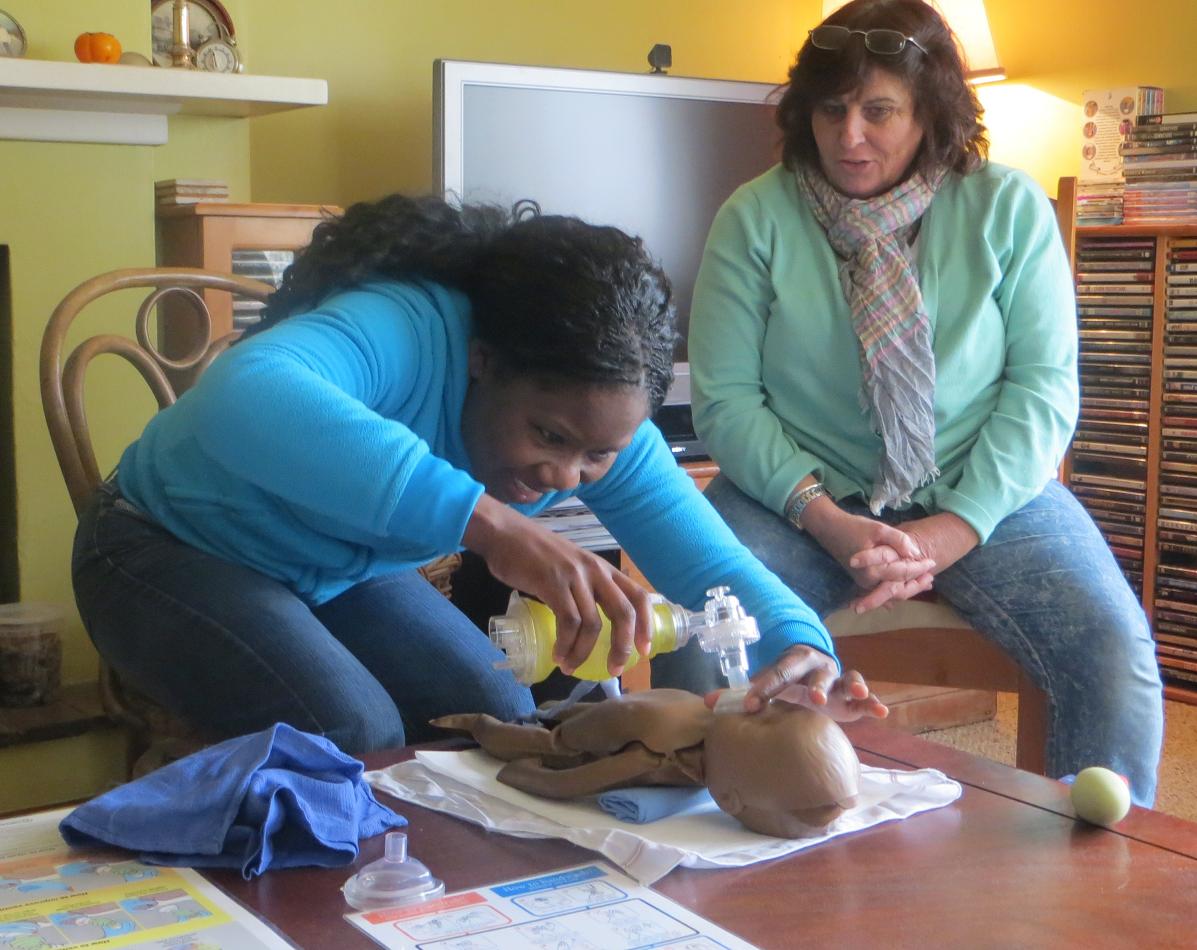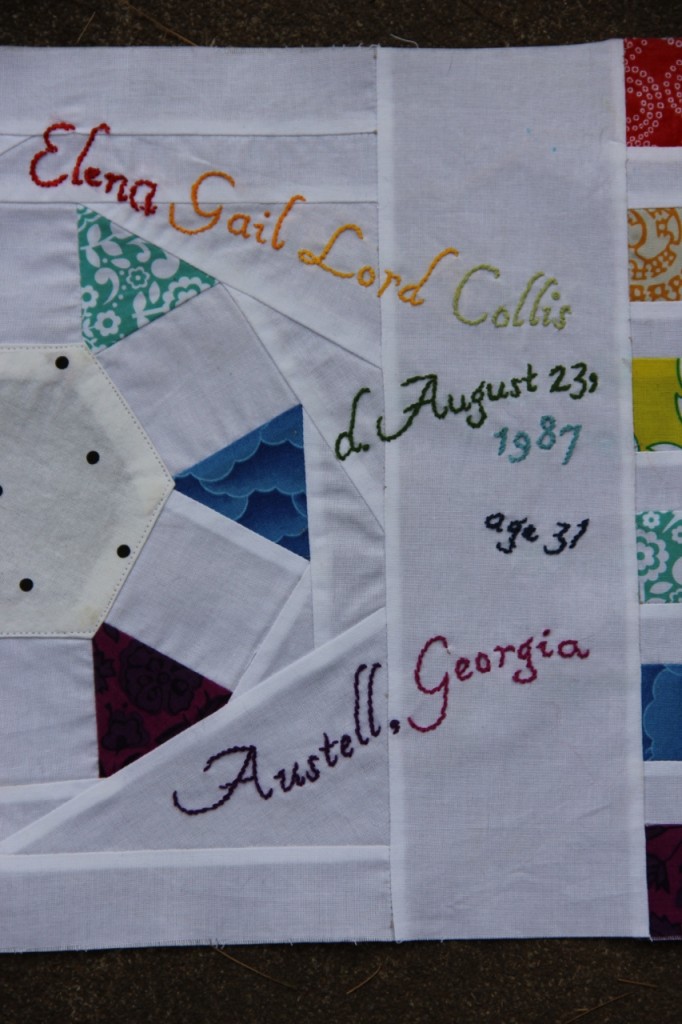The following was originally posted on Facebook, but received such an overwhelming response that I felt it was worth posting on my website too. Below the original post about midwives’ and doulas’ seemingly different levels of recognition by the public in general, I have included the first couple of hours’ worth of Facebook comments
Home Birth: Risk and Safety
Homebirth is safe when the mother is healthy and the risks are low. A hospital is safer for birth when a mother shows signs of ill health and the risks are higher.
What is Physiological Birth?
Physiological birth occurs when a mother is not disturbed during the process of labour and birth. This enables the body to release a cocktail of hormones and neurochemicals that enable and empower the mother and baby to make this major transition from womb to world in the gentlest and most loving possible way.
Workshop: Supporting Physiological Births at Home
This is a little short notice, but I wanted to tell you all about a workshop I am giving on Thursday the 12th of September 2013. The workshop will be on Supporting Physiological Births at Home. In this morning workshop we will be discussing all aspects of this physiological birth and how to support it …
Helping Babies Breathe South Africa
Helping Babies Breathe is a simple set of skills that saves babies lives after birth by helping them to breathe. Anyone can learn how to do it.
How Long is Second Stage of Labour?
Rules for the length of the second stage of labour imposed on women by bureaucratic hospital and medical systems do not serve women or take into account natural birth physiology or the individual differences of women.
Safe Motherhood Quilt South Africa
The South African Safe Motherhood Quilt Project aims to raise awareness about maternal mortality and honour the memory of mothers who die in South Africa.
